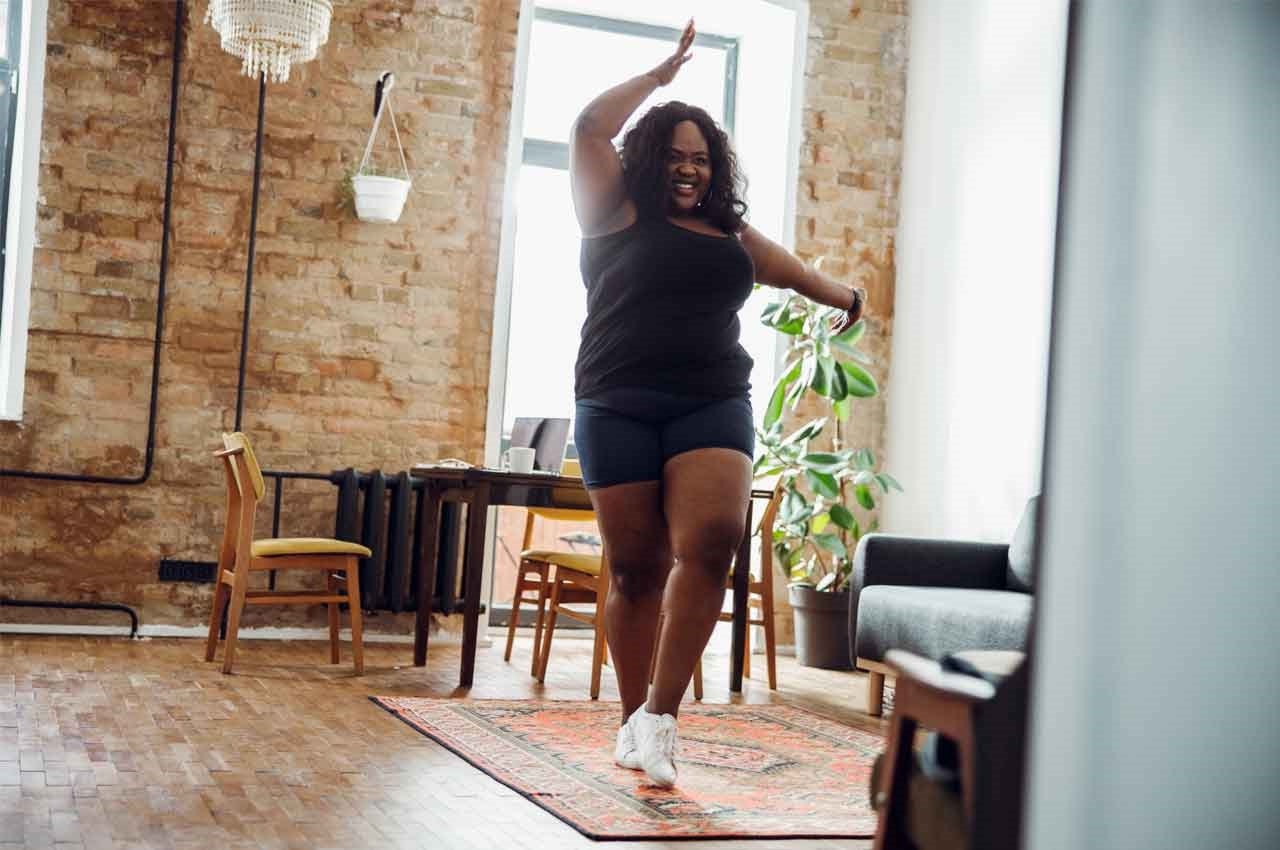You're away from FREE US delivery Free US delivery (applied at checkout) on orders over $60.00
You have qualified for Free US delivery
Lifestyle
Feel More Energised: 9 Tips from our Sports Nutritionist
Want to kickstart a new exercise routine or in need of a boost?
Sometimes life gets in the way, and we find ourselves lacking our usual energy and vigour. If you're feeling a little sluggish and in need of a boost, check out my 9 top tips to help you feel fresh and invigorated again.
1. Sleep
Make sure you have a consistent sleep routine, going to bed and waking up at the same time each night and morning. Get into the habit of winding down in the evening and avoiding over-stimulation, for example using phones or laptops, an hour or two before you go to sleep. Aiming for 7-8 hours of sleep a night is also important, especially if you’re planning to embark on a new exercise routine. Sleep is the body and brain's prime time to recover, process, and repair from the day’s rigours.

2. Nourish and hydrate your body
You can boost your energy reserves with careful food choices. I suggest reducing your intake of refined carbs like white bread, pasta, rice, and instead consume foods that are higher in fibre and protein and provide us with a steady, slow release of energy throughout the day. Choose high-protein foods like lean chicken and turkey or fish, and vegan options such as beans, nuts and seeds, along with complex carbs such as oats and brown rice - these are all excellent choices to keep your energy levels up.
It’s also important to stay hydrated - this is one of the simplest but most often neglected ways to remain energised. Drinking 6-8 glasses of fluids a day is the NHS recommendation. Water is best but lower fat milk and sugar-free drinks, including tea and coffee, are included in your daily quota. Common signs of dehydration are thirst, dizziness and tiredness, though it can also manifest as hunger, so if you find yourself hungry between meals make sure to keep a bottle of water handy.
3. Make time for you
In this busy world, many people struggle to make time for themselves. In order to live happy, healthy lives we need to remember to take time to wind down, especially if we have had a stressful day. High levels of cortisol, a hormone triggered by stress, can wreak havoc with our bodies’ ability to relax, leading to poor sleep and recovery. For more advice on destressing, take a look at Dr. Aisling’s article: Seven Tops Tips to Feel Less Stressed.
4. Cold showers
Move over tea and coffee, a simple trick to start the day off right and wake up your entire body is to have a cold shower in the morning! Not only will it give you a boost of energy, but it can also help with muscular recovery. Just make sure to only use cold therapy treatments away from your training and gym sessions as they can hinder the repair process if used straight after. It’s also best to start slowly with your exposure to the cold water, by gradually reducing the temperature of your shower each day.
5. Don’t abuse caffeine
For most of us, a simple fix for getting more energy is to increase the number of caffeinated beverages we consume (or, in my case, dark chocolate!). Though caffeine is a proven energiser and cognitive enhancer, it needs to be used in moderation. Ideally, it’s best not to consume it after 2 pm as this can cause sleep issues. Sensitivity to caffeine varies from person to person but those who find they are highly sensitive to it may be wise to stop drinking it altogether.
6. Goal setting
Setting yourself goals can help you can stay on track with your achievements, but make sure you don't overload yourself with unrealistic goals. Keep them SMART - Specific, Measurable, Achievable, Realistic and Time-based. Creating to-do lists can also help you to keep on top of the tasks you want to complete.
Achieving a goal you’ve set for yourself energises you mentally and physically, and when you hit your goals, don’t be afraid to reward yourself – this will help motivate you to keep going.
7. Exercise
Use exercise as a way of building yourself up, not breaking yourself down. Exercising has so many benefits, not least as a way of setting us up for the day or helping us unwind. It offers us a great opportunity to not only strengthen ourselves physically but also strengthen our mental health. Find a form of exercise you enjoy, because then you’re more likely to do it. You could try brisk walking, running, team sports, climbing, weight training, exercise classes, or yoga. Try to spend time outside, too, as fresh air can be incredibly invigorating.

8. Supplement wisely
There are many supplements on the market that are touted as being the answer to all our problems, especially low energy. However, relying solely on supplements to boost our energy, or paper over the cracks in our diet, is not a great long-term solution. Supplements are so called because they should supplement a healthy diet and lifestyle. That being said, supporting gut health can be a key consideration if you’re trying to boost energy levels, as the state of your gut can affect your overall wellbeing.
One of my favourite all-rounders is Optibac Probiotics Every Day EXTRA. I always recommend choosing supplements which are backed by gold standard clinical research and this one contains Lactobacillus acidophilus NCFM®, the most researched strain of L. acidophilus in the world. I recommend it to support gut health, immune health, and overall wellbeing. Alternatively, Optibac Probiotics Gut Health Gummies contain the scientifically proven friendly bacteria Bacillus coagulans Unique IS-2 and prebiotic FOS , plus your daily recommended intake of Vitamin D, Zinc and Calcium.
9. Get into a routine
Inconsistency can really drain our energy levels and leave us feeling fatigued. Trying to maintain a regular routine, especially in the mornings, can help keep stress down and leave you feeling in control. Find a routine that works for you, incorporating all the tips from this article, including sleep, exercise and nourishment. For more advice, take a look at our ideas to help create a happy and healthy morning routine for all the family.
Summary
- Get 7-8 hours’ sleep a night – this is essential for recovery and repair
- Take cold showers in the morning instead of drinking coffee to wake yourself up
- Manage your workload by setting achievable goals and make sure to allow time for rest and exercise
- Consider adding in a supplement to your daily regime
- Stick to a routine that works for you
Here's hoping these tips help you hit the ground running!
If you are embarking on a serious fitness regime, you might like to visit our article on the Learning Lab looking at the use of probiotics in sport and fitness.
If you enjoyed this article, you may also like to read the following articles:
How to take care of your immune system



